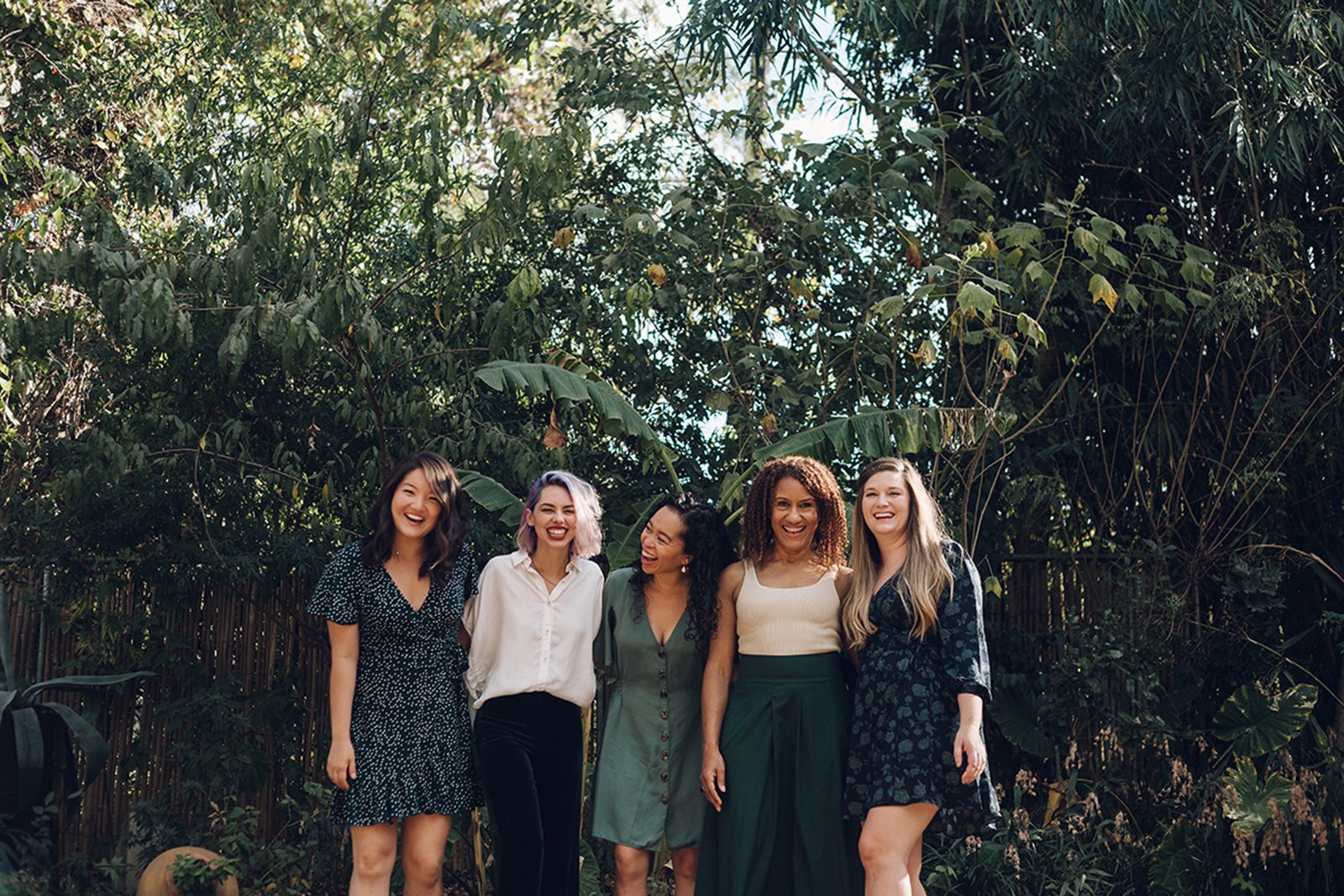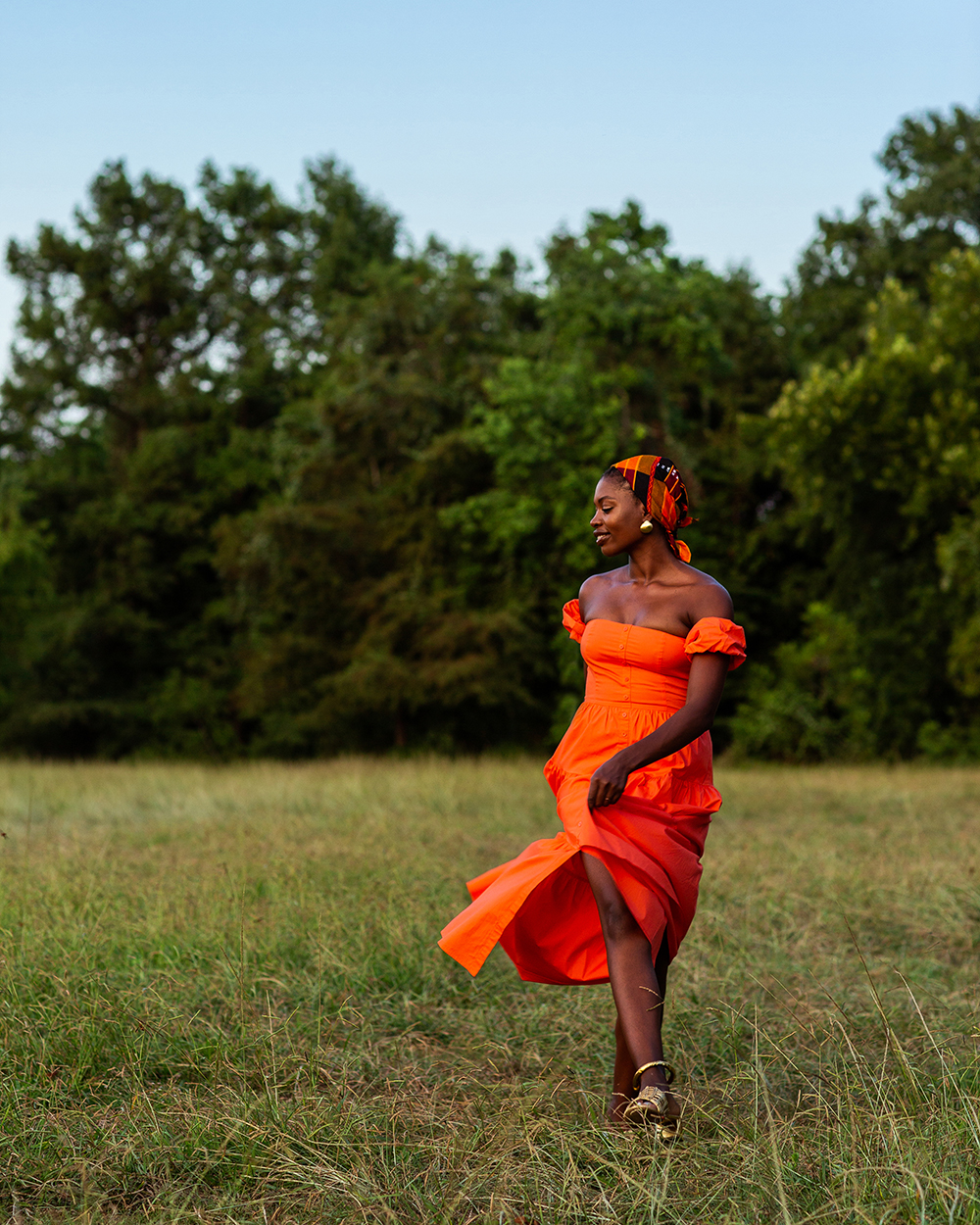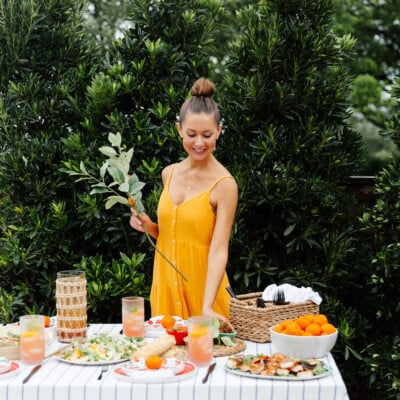The word “ally” can be a verb, meaning an active state of uniting or forming a connection.
This slight change in perspective transformed my understanding of what it means to be an ally to underrepresented groups and communities. As someone from one of these communities, I’m still on my own allyship journey and learning every day what I can do to make a difference.
There is undoubtedly some level of hesitation around this word. I think that many people want to be an ally, but sometimes, just don’t know where to start. The responsibility of truly understanding this idea and practicing what you preach, even when it’s hard or inconvenient, can be daunting. And while I haven’t perfected it, I find that I’m learning every day. To be quite honest, I was hesitant to write this article for fear of botching some important point. But my deeper hope won out: that the more we can talk about topics like this, the easier it becomes for all of us to be brave in stepping in the right direction and joining the conversation.
First things first: what does “allyship” mean?

image by Riley Reed
There can be many interpretations, but one definition that I’ve really come to like is the following:
Allyship is a journey of authentically supporting individuals and communities who have been marginalized or overlooked. To ally is to take intentional action, like listening, learning, and uplifting those around you to ensure all voices are heard and respected.
The biggest takeaway here? Allyship is an active journey and is marked by authenticity. For instance, if someone approached me with an active desire to learn how they could support the Indian community, it would feel very different than someone who was trying to make an “Indian friend” because it made them feel better about themself.
To help with my own understanding of this topic, I asked a few women who I respect: what does it mean to be an ally? Here are their responses:
Imani Parker Robinson: Allyship means having the hard conversations in advocacy of and speaking up for those whose voices and identities do not get amplified on an everyday basis. It’s asking questions, and being open to being wrong, and learning from it. If you don’t know how to be an ally to someone, the answer is simple: ask them what you can do, and then do it. We all seek to be understood and to understand, but inexplicably get confused when it comes to people who maybe look different from us. But being an ally is easy: it’s treating others the way you want to be treated, and living that mission and those values every day as much as possible.
Ka Vang: I think being an ally means caring about and taking the time to learn about someone’s situation. I think it means you’re able to understand someone as a human. You listen to their needs, and you use your privilege to be a voice for someone when they don’t have that luxury. I think it goes to say that these situations are far more complex than words can make sense of – but above all else, being an ally is just being compassionate.
Rachel Lee: Being an ally means advocating for someone or a group of marginalized people so their voices can be heard and accepted.
Emily Pinkston: I think being an ally means to be a listener. An intentional and active listener. It’s simple and anyone can do it, but it’s important. The only way you can advocate for people is to truly listen to what they have to say – sometimes you may need to ask questions, sometimes you may need to hear how you can change or promote change, and sometimes it may just mean being present for them. But I think it all starts with listening, then doing.

image by Riley Reed
Each of these women is from different communities and are in different places on their allyship journey, but the central theme in these answers is that allyship is an action, and that to be an ally is more than just a title. So, how do you turn allyship into action?
We spend a lot of time at work talking about diversity and inclusion, and I’m lucky that I have a group of friends who are so open to talking about topics like this. I don’t want to reduce a topic like allyship to a listicle about “10 ways to be a better ally”, though those articles do a fine job in simplifying what it means. Instead, I’ve detailed some of the key takeaways from these conversations to share my experience and hopefully inspire, no matter where you might be on your allyship journey.
Be an active listener.
It’s a simple idea, and it’s the best place to start. We can’t learn if we don’t listen.
There are so many people sharing their stories and experiences both in-person and online, that it should be easy for us to learn about the issues that communities are facing and understand where you can support them. And if something doesn’t make sense to you, just ask. A note on this, it’s important to recognize that just because one person from a community experiences something in one way doesn’t mean that it’s universally true for everyone in that community. Being an ally means understanding that everyone has their own story.

Educate yourself.
There are TONS of resources on this topic, and a great place to start is to read stories from different communities. One of my friends put it best when she said to “Start reading (fiction and non-fiction) books by authors who don’t look like you or have a completely different perspective. You’d be surprised what you can learn by changing the perspective of the author.” Outside of supporting artists and authors, support businesses, brands, and creators from different communities as well.
Here are a few of my favorite reads on this topic (and I’d love to hear any resources that y’all have enjoyed):
- Guide to Allyship
- 5 Tips for Being an Ally
- How to Challenge Ourselves to Grow as Allies
- A Single Story
Be aware of your biases and privileges.
I will be the first to admit that I have biases and prejudices. I am also privileged. It would be silly and dishonest to say that I don’t and that I’m not. It’s kind of uncomfortable to admit that about yourself, but once you do, it’s like opening up the door to let yourself understand why and learn about those prejudices. Being an ally means being comfortable with the uncomfortable. It means understanding that we all have a privilege of some kind, I certainly do just by writing this piece, but it’s how we use that privilege that matters. Allies recognize these things about themselves and use their privilege to support those who lack the representation they need.
You don’t have to be perfect!
Understand that being an ally means constantly learning and growing in the process. It’s a journey, and you will make mistakes along the way. I certainly have. But by taking the time to understand that behavior and correct it for the future, you’re already taking a step to improve. I would rather someone ask me a question that might not be PC if I know that it comes from an authentic place of wanting to understand than to just say nothing and stay silent. It’s different for everyone of course, but when someone genuinely wants to learn, it shows.
I’d love to hear your thoughts on allyship. The more we talk about it, the more we can share an understanding of what this means and how important it is for our communities.





